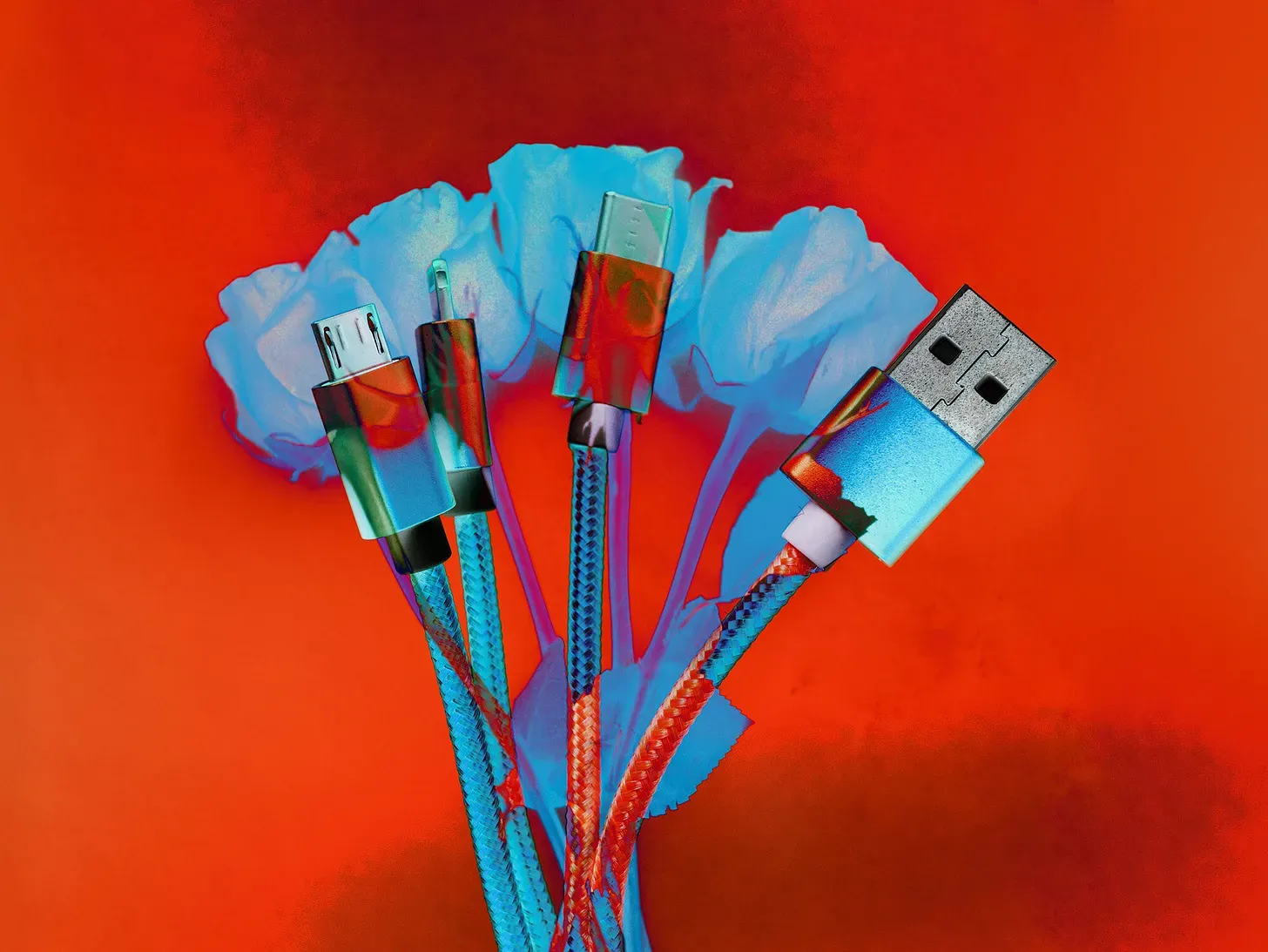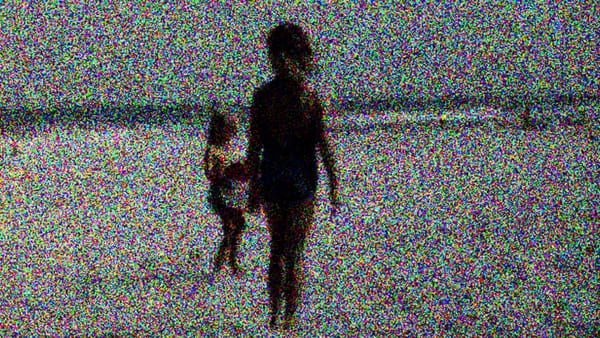Keeping Secrets From The Numbers
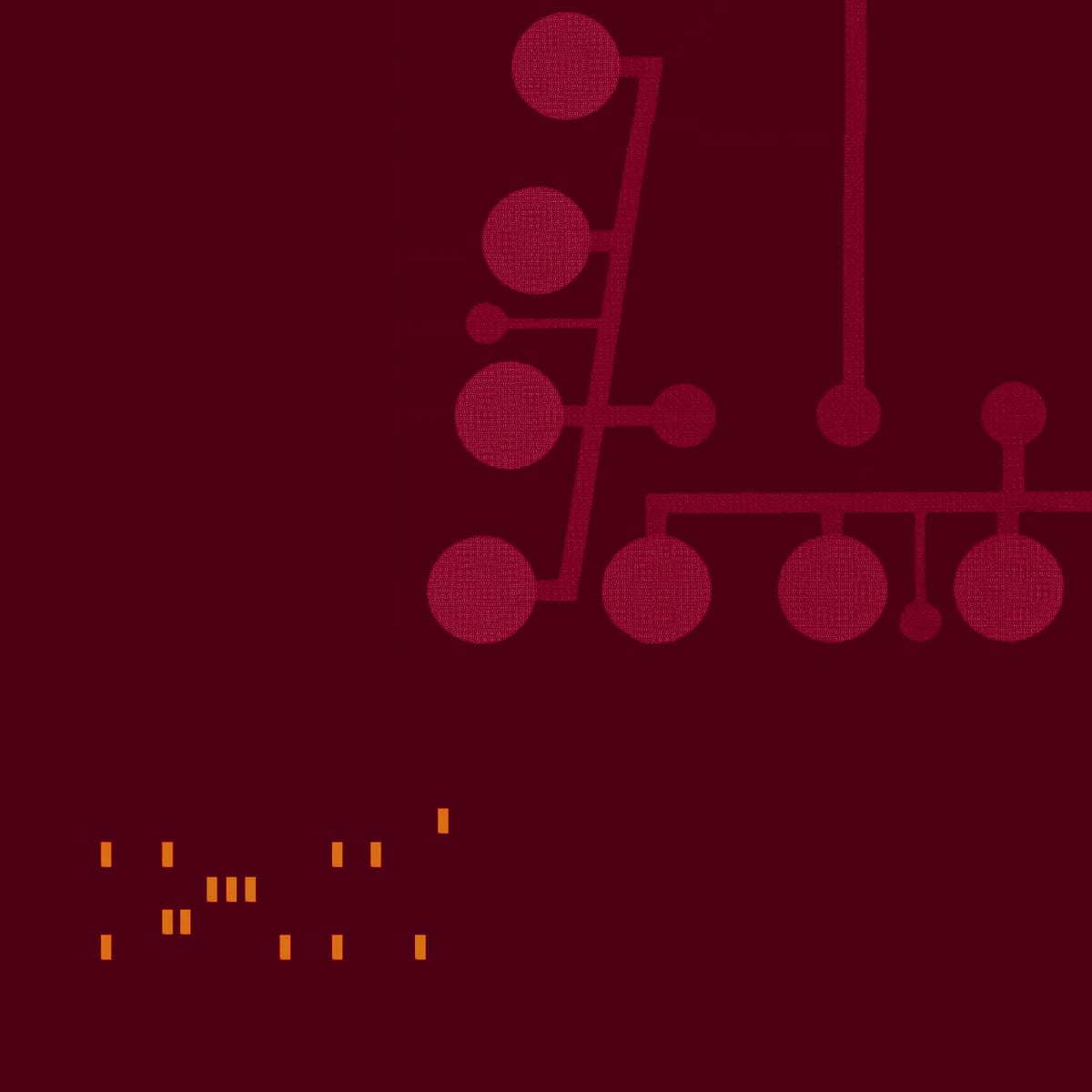
Presenting my latest and final album as The Organizing Committee.
The new record, "Keeping Secrets From the Numbers," is available today on Bandcamp, and will be streaming on most platforms (aside from Spotify) in the coming weeks. It will be the last record as The Organizing Committee.
When I started The Organizing Committee in 2020, I was stuck in Australia across the street from the largest supercomputer in the Southern Hemisphere. I watched nonstop violence against protestors on my laptop and felt the sinking suspicion that technology, particularly AI, was going to fill the void of politics. Oh, and there was a global pandemic, and the entire continent I'd moved to had just been burned to the ground.
The Organizing Committee was a music project but it was also my way of channeling my political anxieties into a set of new tools I was in Australia to learn. The first record is a noisy cacophony of glitching GAN-based errors, samples, my own synthesizer work and distorted drums. I spent $400 to buy an outdated copy of Vocaloid, a vocal synthesizer that had created an entire genre of music in Japan, the robotic "voice" matched with a holographic performer named Hatsune Miku that would perform concerts across the country. (She never performed an Organizing Committee song).
The idea of The Organizing Committee was that you could use these AI tools and, fused with a critique of the AI industry's concentration of power and weird ethics, we could keep up a bit with the pace of technology. It was intended, and was initially, a means to subvert the tool by using its own media against itself.
That was ambitious, and part of the fun of the project for me was the absurdity: extremely loud ye-ye / krautrock with splashes of disco, with robots shouting situationist slogans and critical theory – initially generated from a hand-collected dataset of precisely the kind of dense Zizek, Lacanian, Deleuzian stuff that is already difficult to read, never mind dance to. It was meant to be absurd, but also meant to make a point.
Music & AI Since 2020
That was all of a very particular era. The rise of AI-generated music is no longer an experimental boundary full of glitches for us to transform. It's just pop music, and as this pop music has become more sophisticated I've slowly abandoned any pretense of subverting it. Releases since 2020's "The Central Memory" include 2021's "The Day Computers Became Obsolete," and 2023's "Communication in the Presence of Noise," both released on CD by the Montreal-based Notype label, contained diminishing amounts of AI-generated noises.
As someone who researches and writes about generative AI – critically – it's always been important for me to understand the tools we are talking about, which means using them with curiosity but also concern.
The Organizing Committee has always seen resistance as celebratory, optimistic, and human-centered.
Because it's one thing to use freely available, small models and try to break them to understand how they work (and what makes them fail), taking the debris of those experiments, and chopping them up into something else. That allows the human to engage in a response. Today's diffusion models make songs, and sampling or repurposing aspects of those songs is the intended purpose.
As diffusion music came about, I released a few experiments as The Absentees, but those records were designed to reflect, differently, on the kind of bleak feeling that purely AI generated music brought to me. The name of that project references the ways such music is haunted by absences of recognition, a music that should not exist, and it takes a totally different conceptual approach. The Absentees is constantly referencing the absence of real meaning in the music you are listening to, lyrically and sonically inviting the listener to question what they are listening to but also what they are listening for. I used that music as if guiding a tour: "this song you are listening to, do you notice how empty it is?"
But I never brought that kind of generative AI music into The Organizing Committee. The Organizing Committee has always seen resistance as celebratory, optimistic, and human-centered. I am happy about what I was able to do with it, but the time for this experiment has passed. The technology is just too dominant in the process, and experimentation and subversion – at least in this format – can no longer co-exist without radically shifting approaches to what The Organizing Committee was doing, or the kind of politics embedded into it.
Some Successes
I am proud of the concept behind this project, I love that "On the Day Computers Became Obsolete" charted on dozens of college radio stations across the USA and Canada and that the video (directed by Guillaume Pelletier-Auger) was shown at the Ottawa Animation Festival.
I even got to do a "live" performance where a 1981 Kaypro-12 was situated in front of the many music videos I've made for the project over the years. The computer quickly caught on fire, and burned off some incense I'd picked up from a shrine in Kyoto that had fallen into it when it was stored beside my bookshelf. Our first and last live performance.
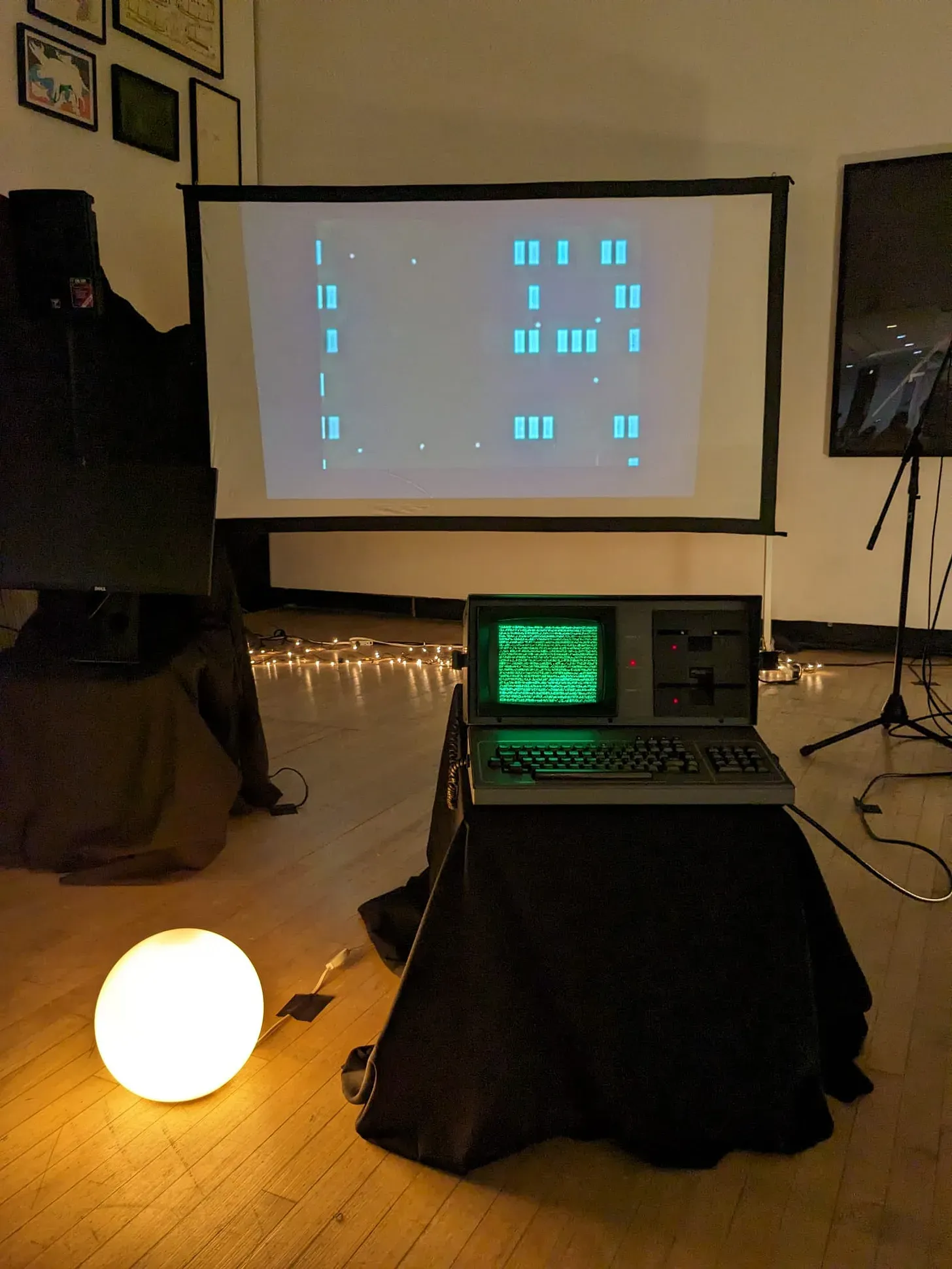
Keeping Secrets from the Numbers
Here's the record as an embed, or head over to Bandcamp if you want to add it to your library. Hope you dig it!
The new archive for this newsletter can be found here.
You can find me on BlueSky or LinkedIn.
Happenings
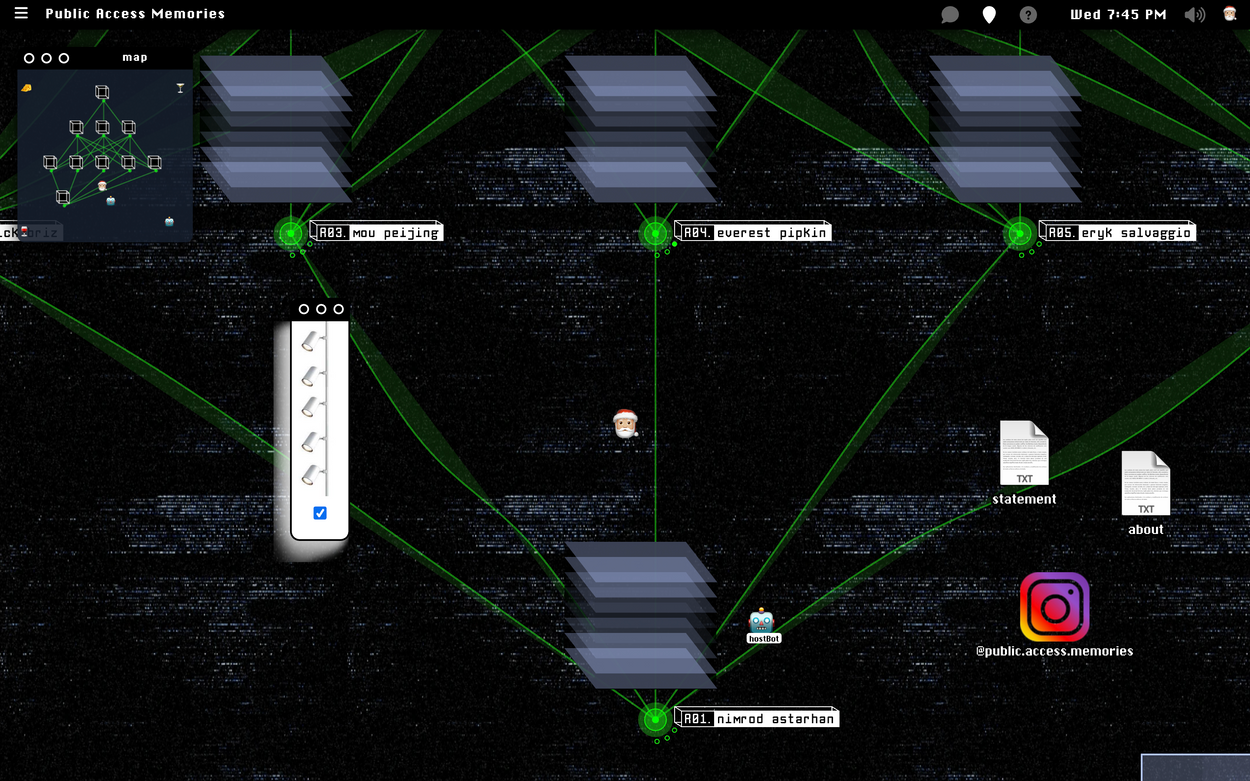
Today (Sunday): Public Access Memories Pavilion, Online!
I've got work in Debox, the Public Access Memories Pavilion, part of the Wrong Biennale: a huge collection of online exhibitions taking place at multiple institutions around the world. The virtual opening of Debox is Sunday, November 9th @ 11AM CST (That's 17:00 in London): details at publicaccessmemories.com.
Participating artists (and their Instagram handles) -
Nimrod Astarhan (@nimrodastarhan) | Nick Briz (@nbriz) |Mou Peijing (@melodrama_yu) | Everest Pipkin (@everestpipkin) | Eryk Salvaggio (@cyberneticforests) | Philipp Schmitt (@phlpschmt) | Caroline Sinders (@carolinesinders) | Chelsea Thompto (@cthompto) | Rodell Warner (@rodellwarner) | Emilia Yang (@rojapordentro)
Curators: Jenna deBoisblanc (@jdeboi) | Jon Chambers (@jon.cham.bers)
Online: Radical Dreamers
I also have work in the "Radical Dreamers" Pavilion of the Wrong Biennale!
Curated by Laura Focarazzo, "Radical Dreamers explores a series of audiovisual works that integrate artificial intelligence into their creative processes. Acknowledging that technology is never neutral, artists create a vital space for aesthetic and political resistance to algorithmic systems. The pavilion invites viewers to uncover biases, challenge dominant narratives, and broaden their perspectives."
Artists: Julien Pacaud, Kelly Boesch, Eryk Salvaggio, Mecha Mio, Erin Robinson, Isabel Englebert, Jeff Zorrilla, Eternal Art Space, Mont Carver & Francesca Fini.
Curator: Laura Focarazzo
The exhibition runs online from November 1st 2025 until March 1st 2026, link below.
